1. Wolves Howl at the Moon
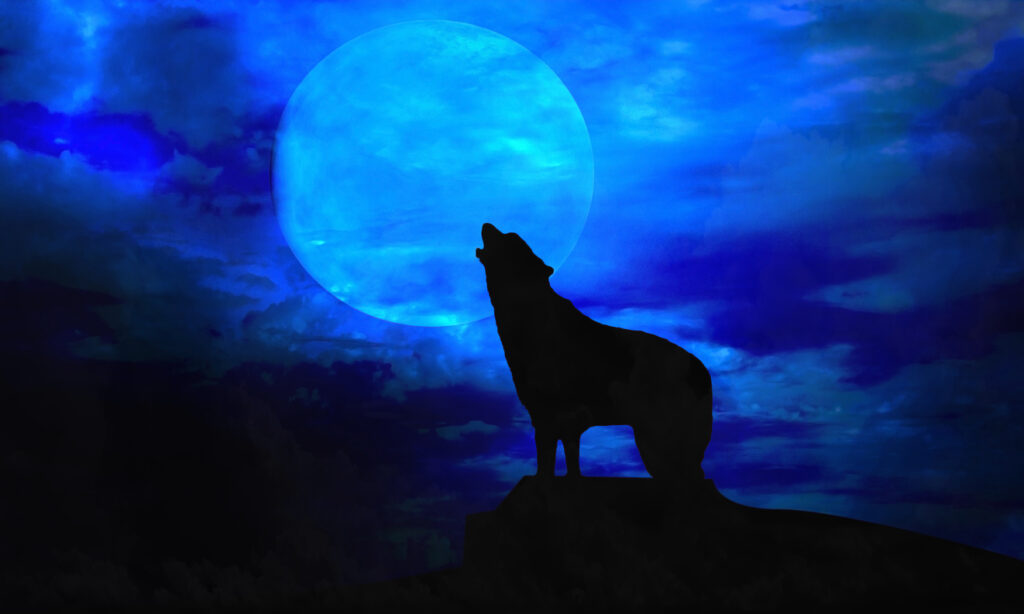
iStock
Contrary to popular belief, wolves don’t howl at the moon because it’s mystical or romantic. They howl to communicate with their pack or ward off rivals—not to serenade celestial bodies. If anything, the moonlight just makes them easier to spot. So, next time you see a wolf howling, know they’re not channeling their inner poet—they’re probably just shouting, “Where’s dinner?”
2. Wolves Are Bloodthirsty Killers
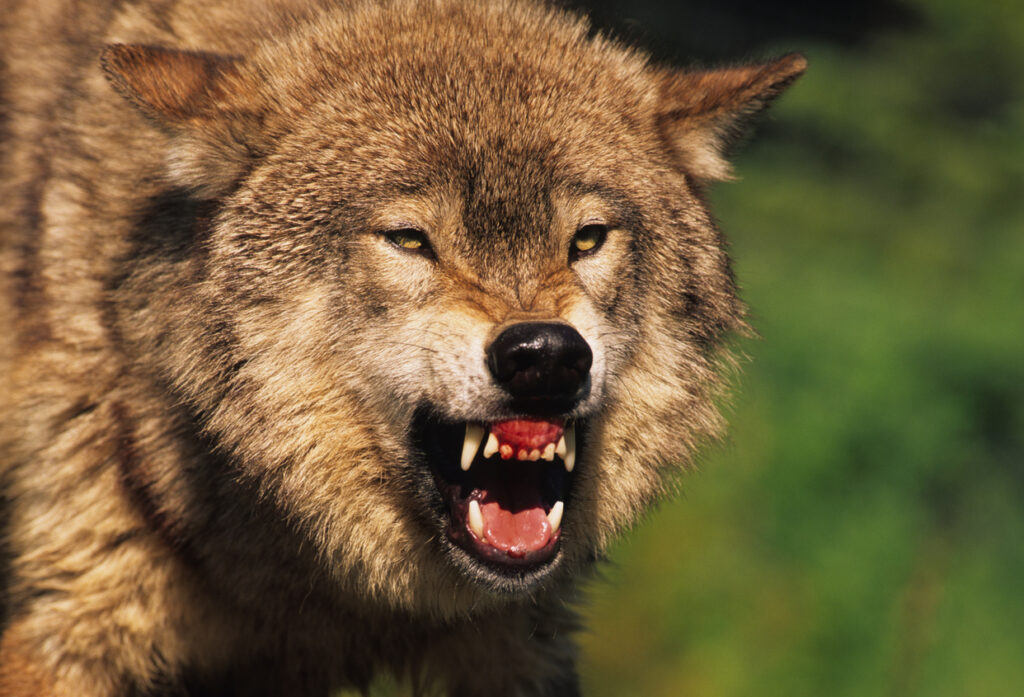
iStock
Despite their fearsome reputation, wolves are not indiscriminate murder machines. They hunt only to eat and rarely attack humans. In fact, they’re more likely to run away from us. Wolves aren’t plotting to terrorize the woods; they’re just trying to get by without becoming someone else’s dinner.
3. Wolves Are Lone Wanderers
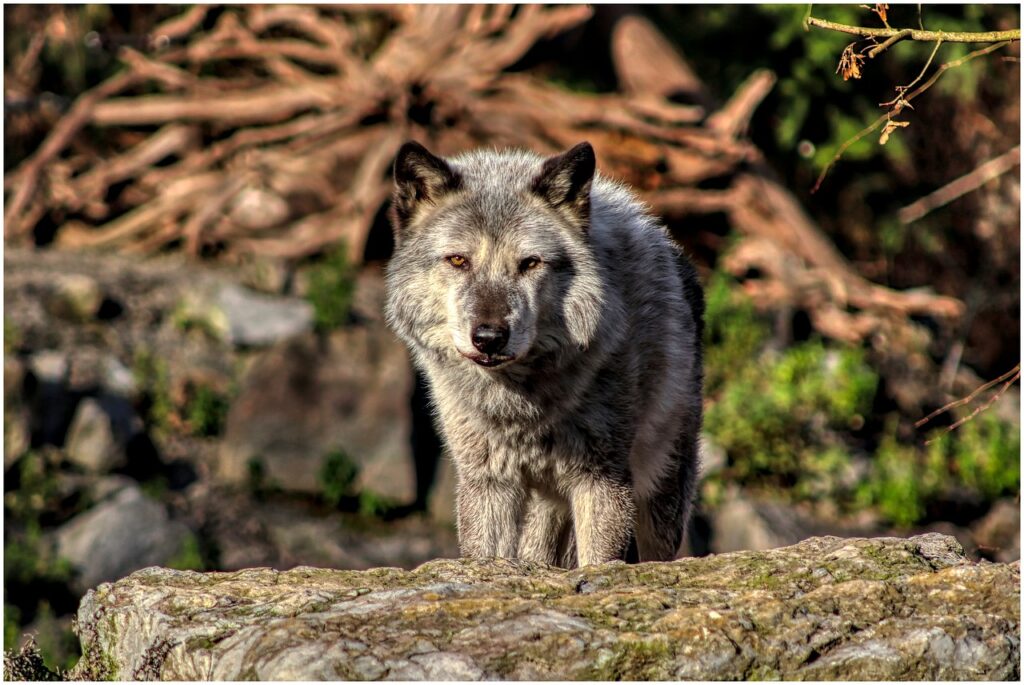
Pixabay
The term “lone wolf” has fooled us all. Wolves are actually highly social animals that thrive in tight-knit packs. A lone wolf is typically just one looking for a new pack—not some brooding loner rejecting society. So, next time you use “lone wolf,” remember: it’s less cool, more lonely.
4. Wolves Are Gigantic Beasts

iStock
Hollywood has exaggerated wolves to mythical proportions. Real wolves aren’t the horse-sized monsters you see in movies. They’re big dogs, sure, but manageable ones. On average, they weigh 60-120 pounds—intimidating, but hardly werewolf-level giants. It’s time to give the big, bad wolf trope a reality check.
5. Wolves Kill for Sport
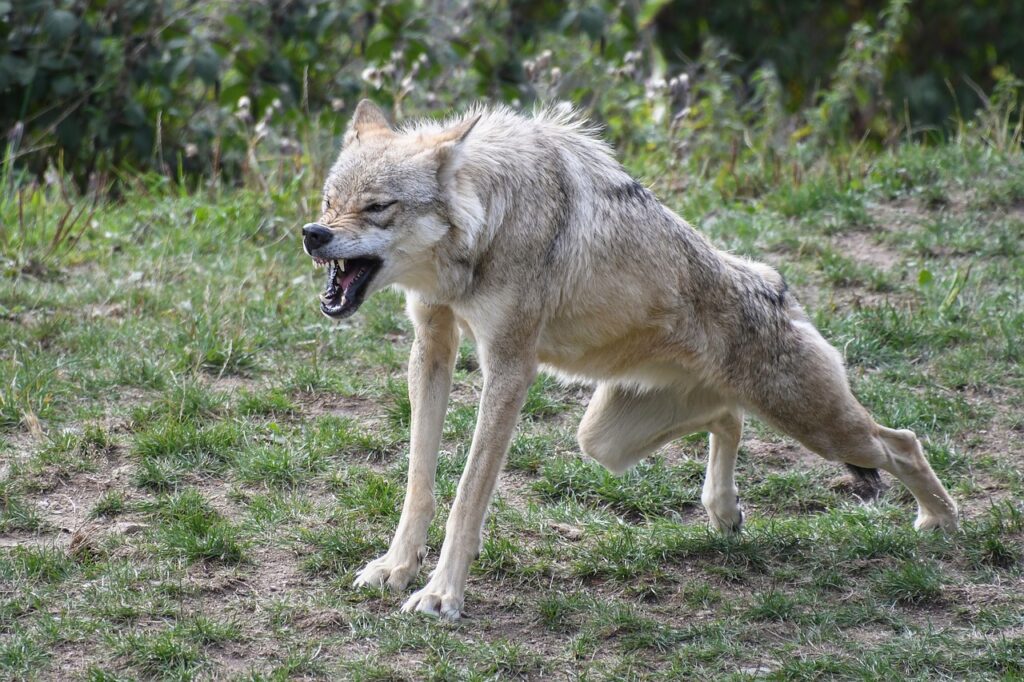
Pixabay
Wolves don’t hunt for the thrill; they hunt to survive. They expend a lot of energy chasing prey, so they’re not going to waste it on unnecessary kills. Wolves are nature’s efficiency experts, not serial killers in fur coats. If they’re chasing, it’s because they’re hungry—not bored.
6. Wolves Are Always Growling or Snarling
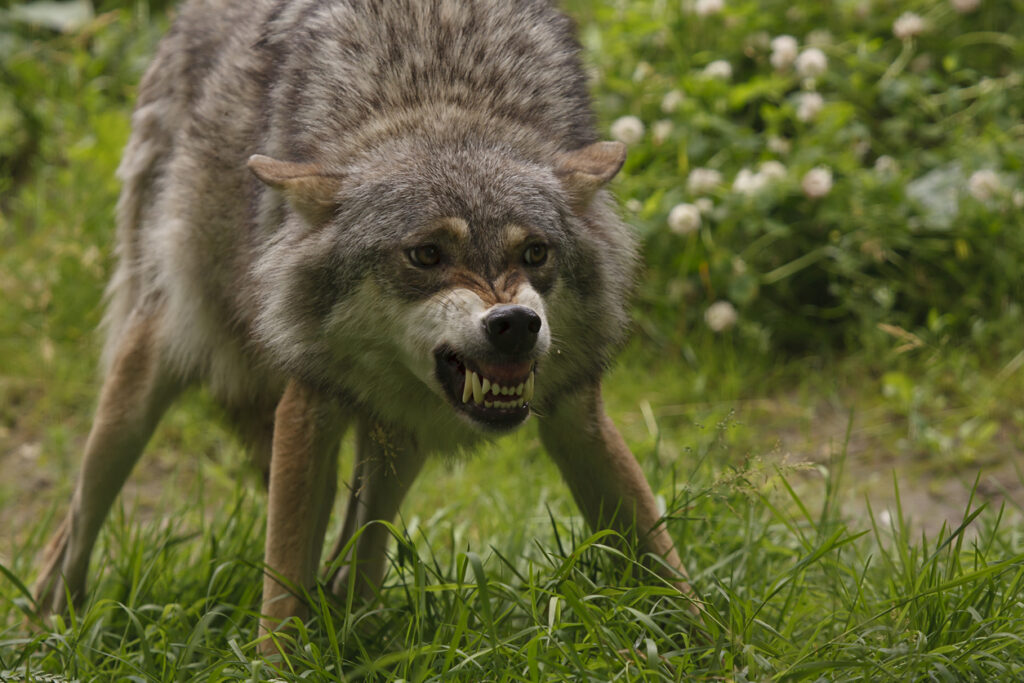
iStock
Unlike their portrayal in movies, wolves don’t walk around snarling 24/7. In reality, wolves have a wide range of communication behaviors, including playful nips and gentle body language. The scary snarl? It’s reserved for serious conflicts, not everyday wolf drama. Most of the time, they’re just vibing.
7. Wolves Have Alpha Leaders
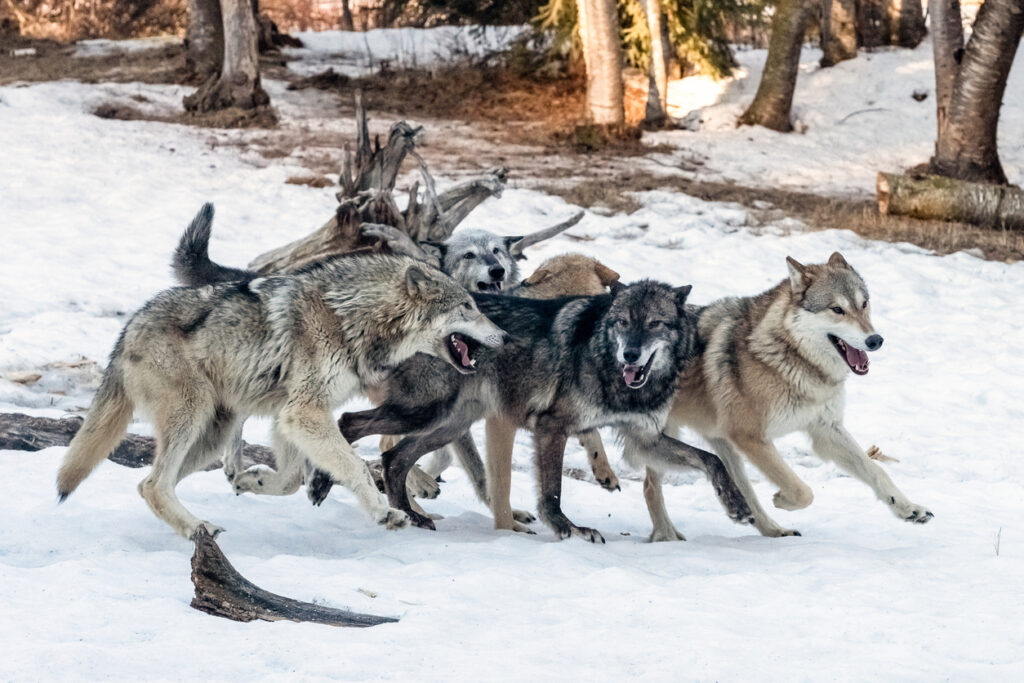
iStock
The “alpha wolf” concept is outdated science. In the wild, wolf packs are typically made up of families with parents leading their offspring, not some battle-tested alpha. Wolves don’t have boardroom-style power struggles; they have parenting dynamics. So, no, your boss is not an “alpha”—they’re just bossy.
8. Wolves Are Ruthless Predators of Livestock
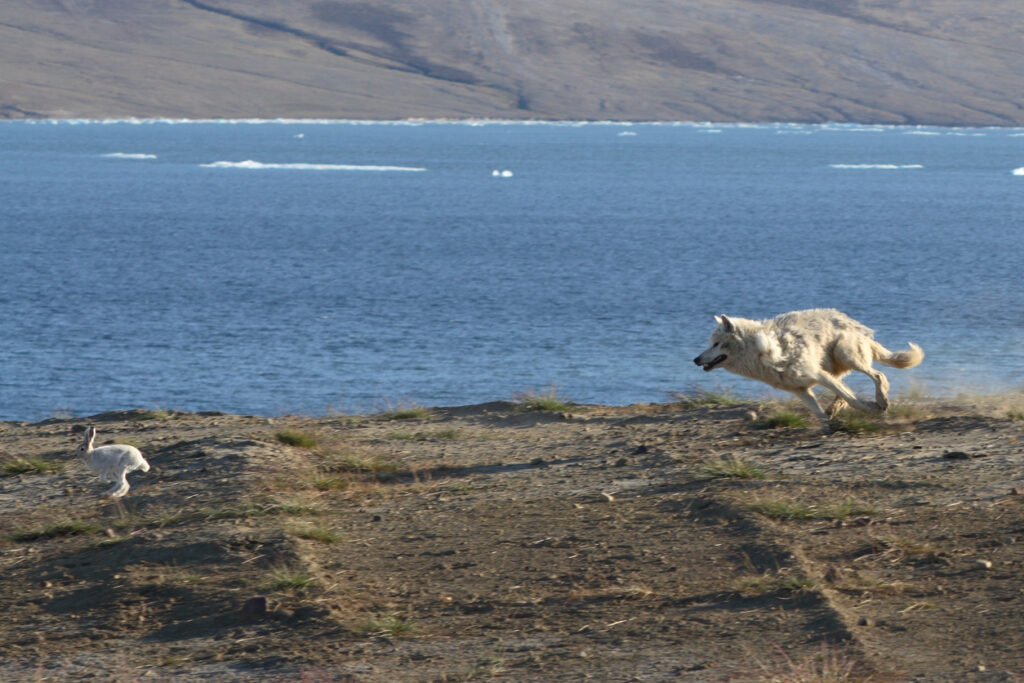
iStock
Wolves aren’t out to destroy farms like furry villains. While they occasionally hunt livestock, most wolves stick to their natural prey, like deer and elk. Livestock losses to wolves are far less common than folklore suggests. Wolves aren’t scheming against farmers—they’re just opportunistic eaters when resources are scarce.
9. Wolves Are All Black or Gray
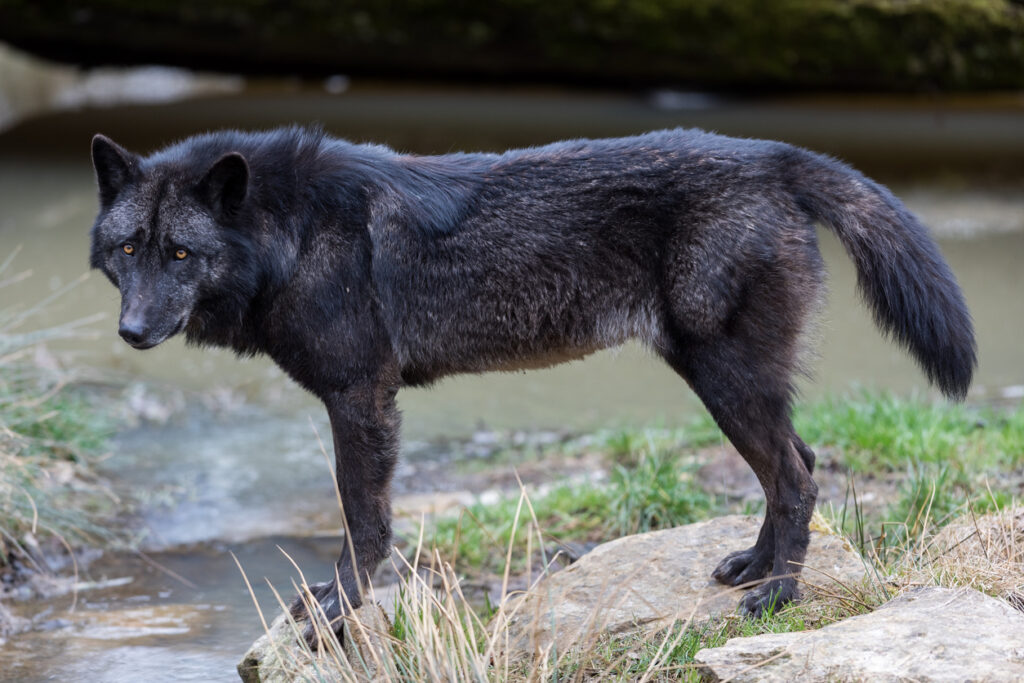
iStock
Not all wolves are the moody black or gray characters seen in pop culture. Their fur comes in a variety of shades, including white, brown, and even reddish hues. Wolves are nature’s fashionistas, rocking coats that match their environment. Who knew wolves had such range?
10. Wolves Are Dangerous to Humans
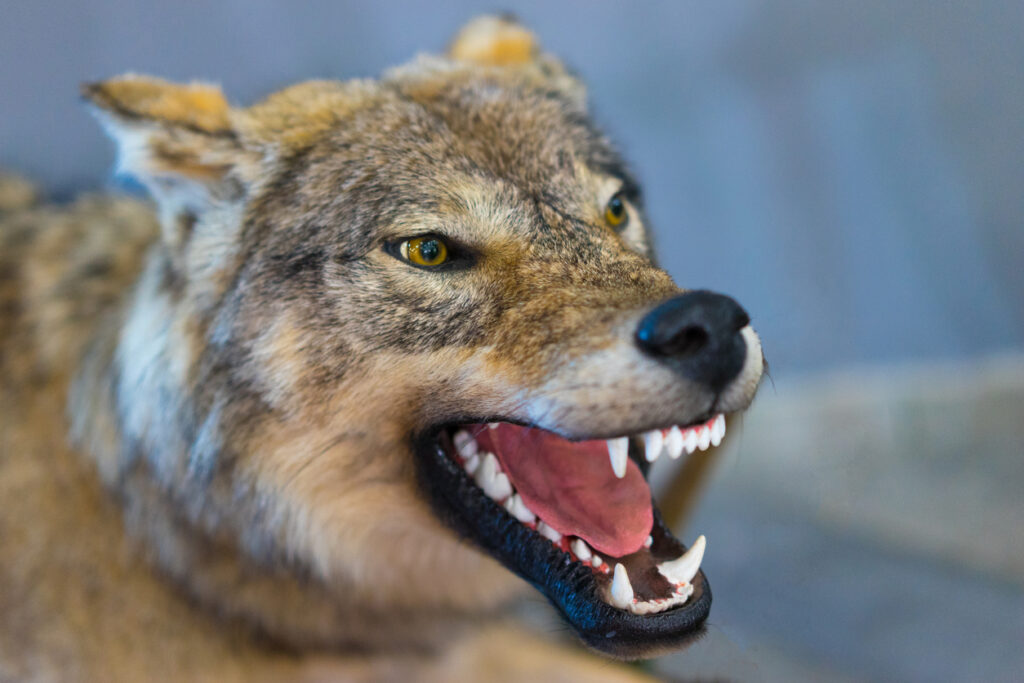
iStock
In reality, wolves avoid humans like the plague. Attacks are extremely rare and usually the result of provocation or illness. Wolves are far more scared of us than we are of them—though, to be fair, we do have a habit of ruining their day.
11. Wolves Can Be Domesticated
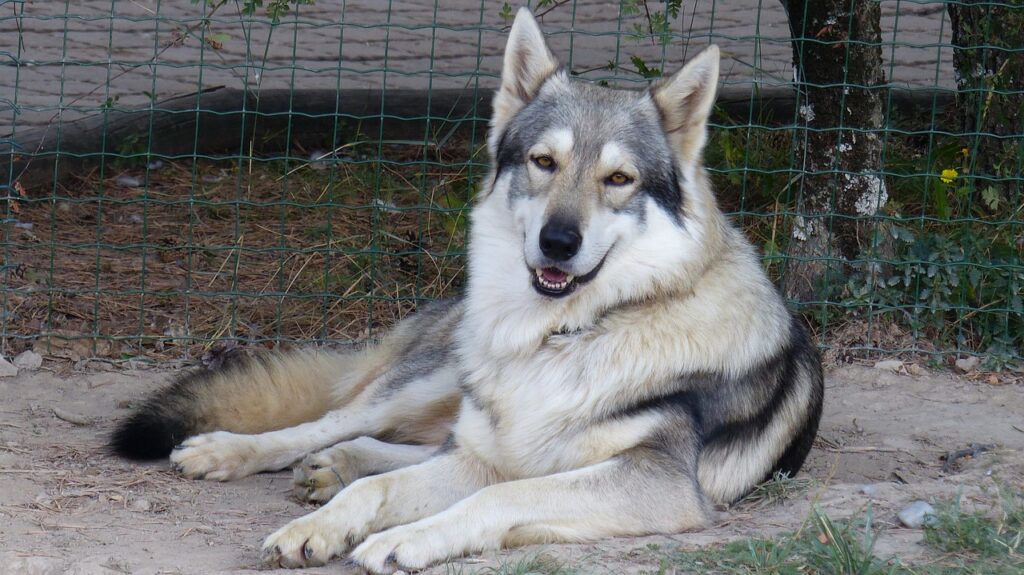
Pixabay
While wolves may look like big, fluffy dogs, they are not cut out for domestication. They’re wild animals with instincts and behaviors that don’t mesh with human living. So, no, you can’t raise a wolf to fetch slippers—it’s more likely to eat the slippers and then leave.
12. Wolves Are Always Hungry

iStock
The “always starving” image of wolves is another exaggeration. Wolves hunt and feast in cycles, often gorging on a large meal and then resting for days. They’re not prowling around constantly ravenous—they’re just expert meal planners with a knack for bulk dining.
13. Wolves Attack for No Reason
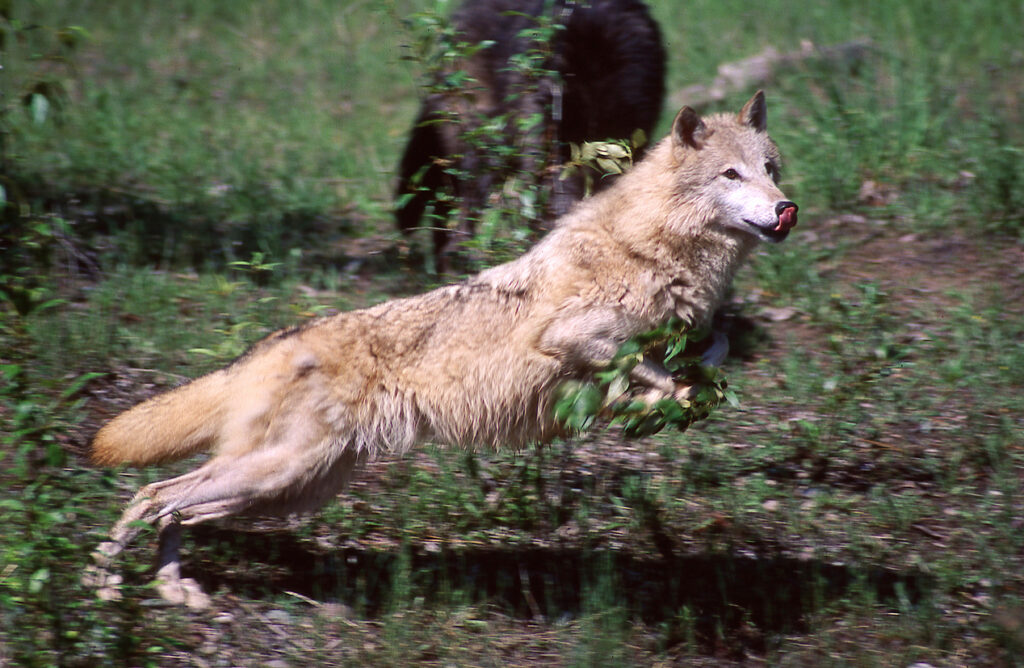
iStock
Wolves don’t wake up and choose violence. If they attack, it’s usually to defend their pack, territory, or food. Random aggression isn’t their style; in fact, they’re pretty conflict-averse. Wolves are more likely to flee than fight unless cornered or threatened.
14. Wolves Are Terrible Parents
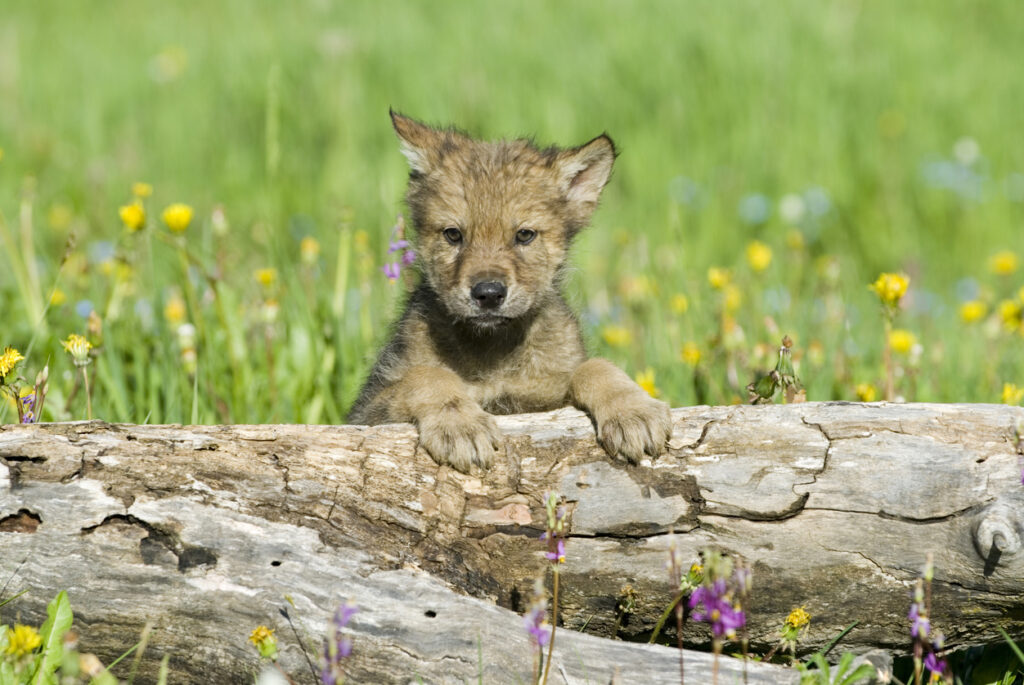
iStock
Despite their fierce reputation, wolves are doting and dedicated parents. They care for their pups as a pack, with everyone pitching in to feed, protect, and teach the young. Pups are raised with love and discipline, making the wolf family structure one of the most nurturing in the animal kingdom. Turns out, wolves are less “big bad” and more “super supportive.”
15. Wolves Are Just Big Dogs
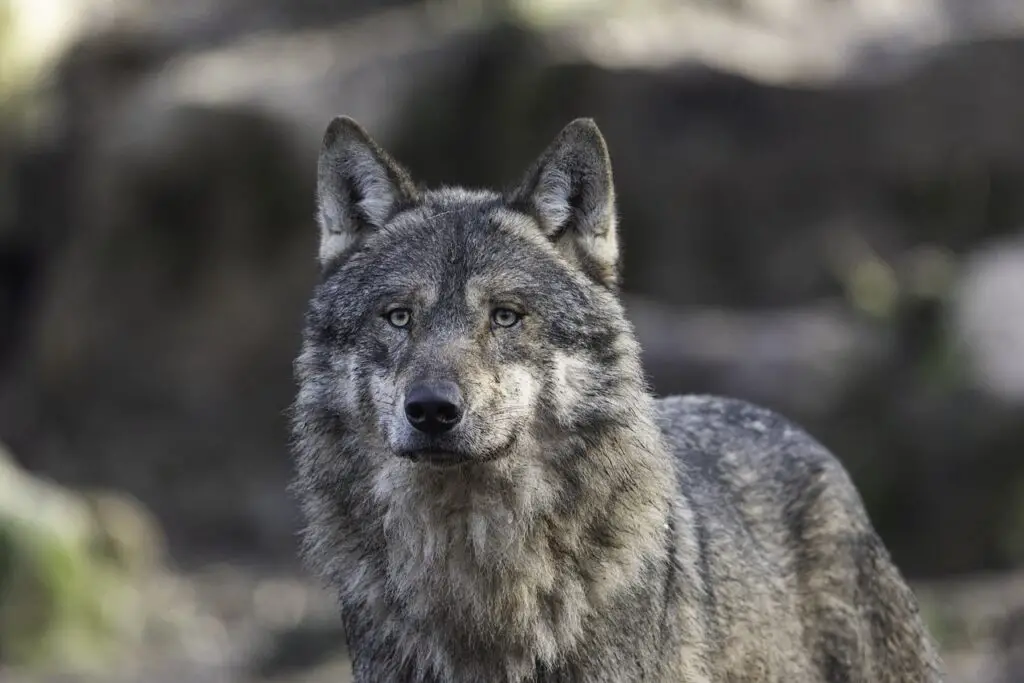
Pixabay
While dogs descended from wolves, the two are worlds apart in behavior and instincts. Wolves are wild animals, not oversized pets. They don’t fetch or roll over—they strategize hunts and care for their packs. Wolves are their own impressive species, not just “dogs with attitude.”


